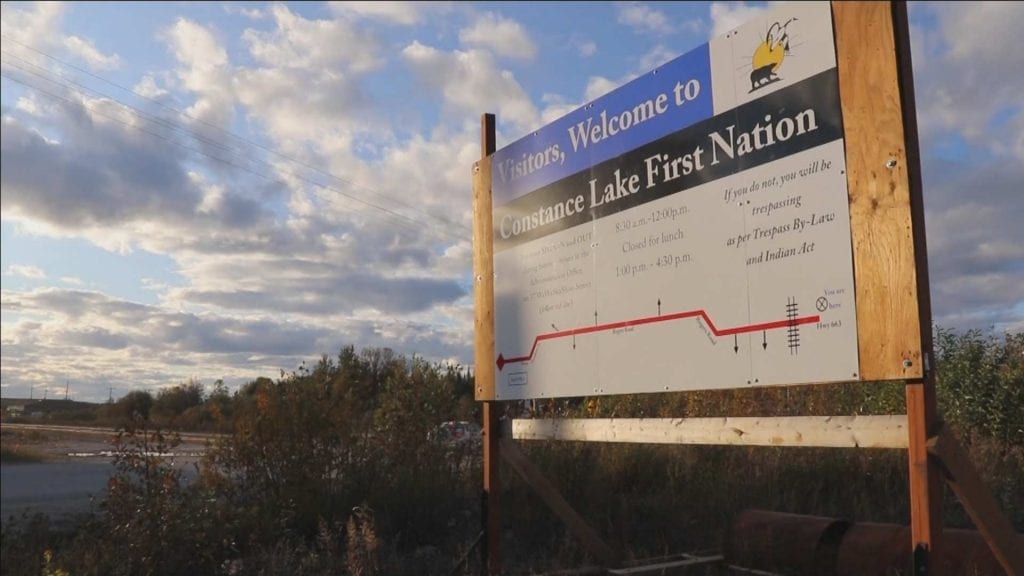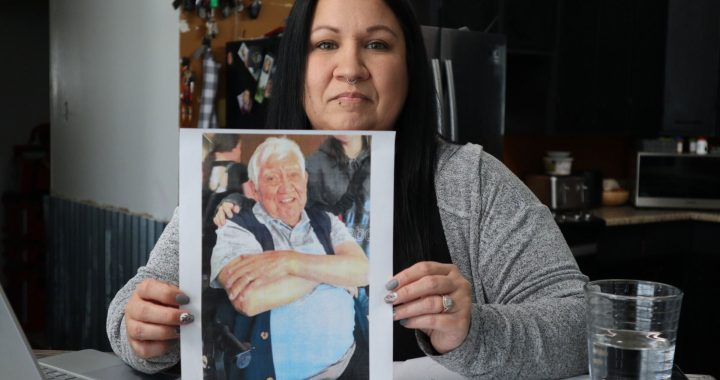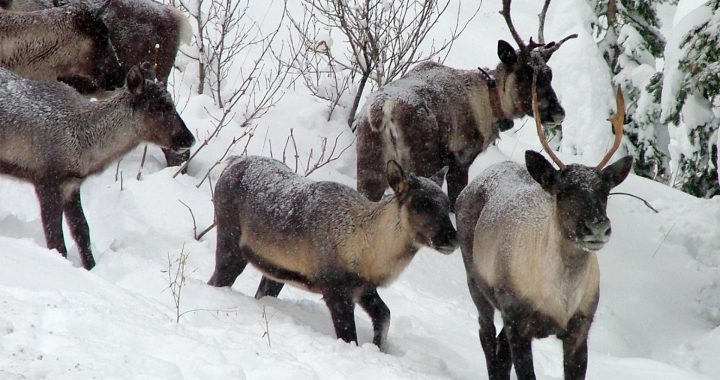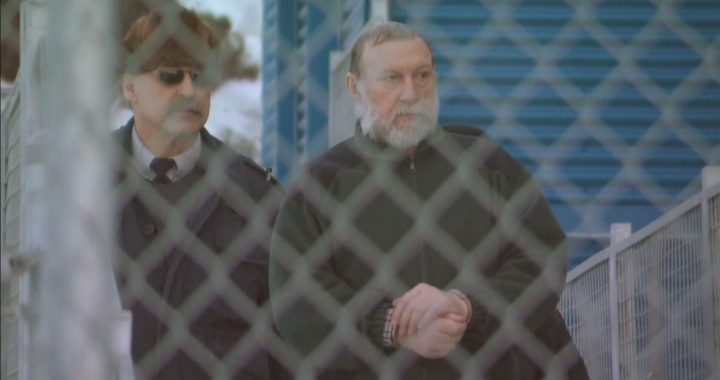
Constance Lake First Nation may be in northern Ontario but its chief says it’s not remote enough to be among the first communities to receive the COVID-19 vaccine from the federal government.
Meanwhile, the number of confirmed cases of the novel coronavirus jumped to over 10 last week leading to community to issue a state of emergency.
Chief Rick Allen joined Nation to Nation to discuss how his community is coping, while also questioning why other First Nations in northern Ontario were picked over reserves like his.
“I believe in my heart that our elders should be a priority, too,” said Allen. “They are more at risk in the place that we live.”
Constance Lake is a “road access” community of about 900 people 32 km west of Hearst, Ont., along the Trans-Canada highway, but the feds have been targeting remote nations that aren’t close to hospitals or urban centres.
Living close to urban areas is exactly why Constance Lake is more at risk of COVID-19 said Allen.
Plus, it’s not like his community has a chief medical officer of health or a specialized pandemic team to fight the virus.
It does have a housing shortage, as well as trauma and addictions issues that are on-going while the COVID-19 pandemic continues.
“We’re still at the bottom of the list,” he said. “There seems to be no urgency from any government official or anyone to step up.”
He said his nation wasn’t invited to discuss how the vaccine would roll out.
“It was a tough blow to take and to not be able to be involved in these negotiations and saying who is a priority,” said Allen.
N2N also speaks the president of the Native Women’s Association of Canada about tackling systemic racism.
See both interviews below.












